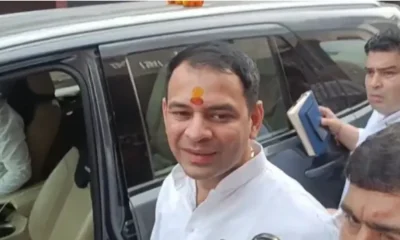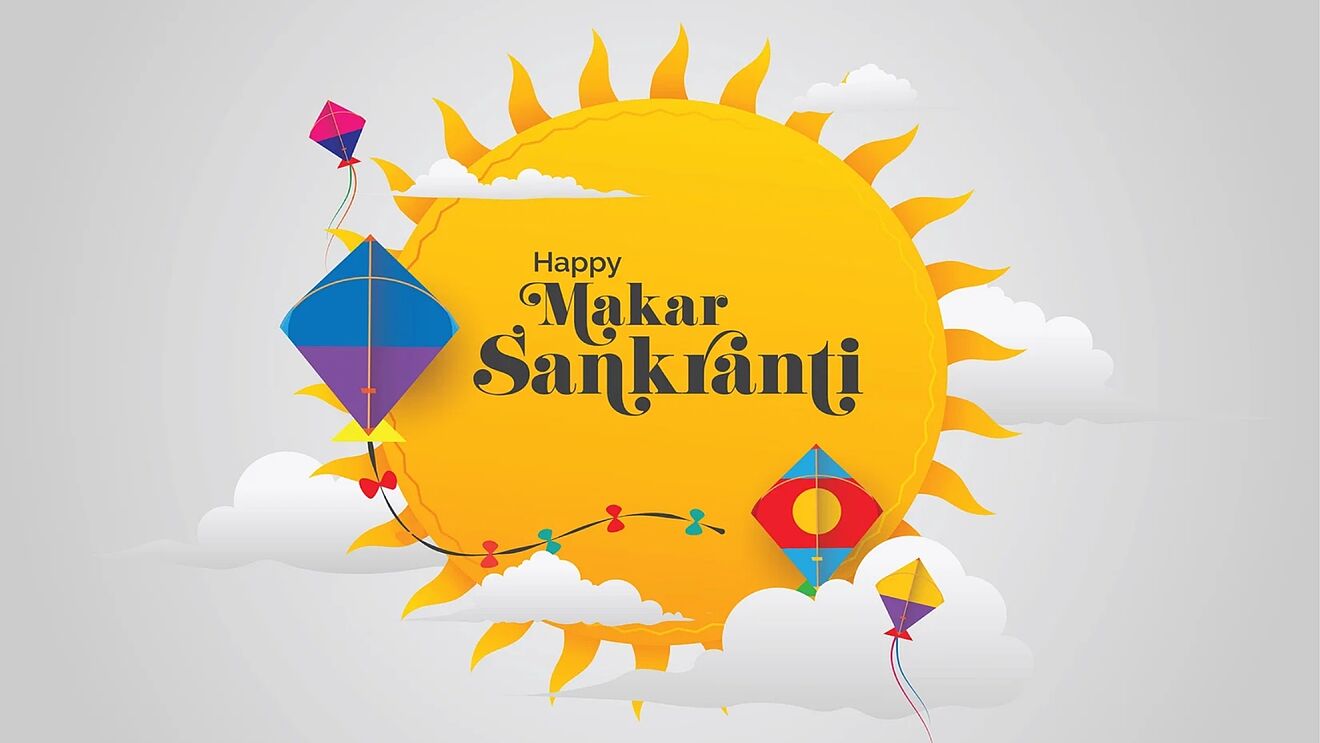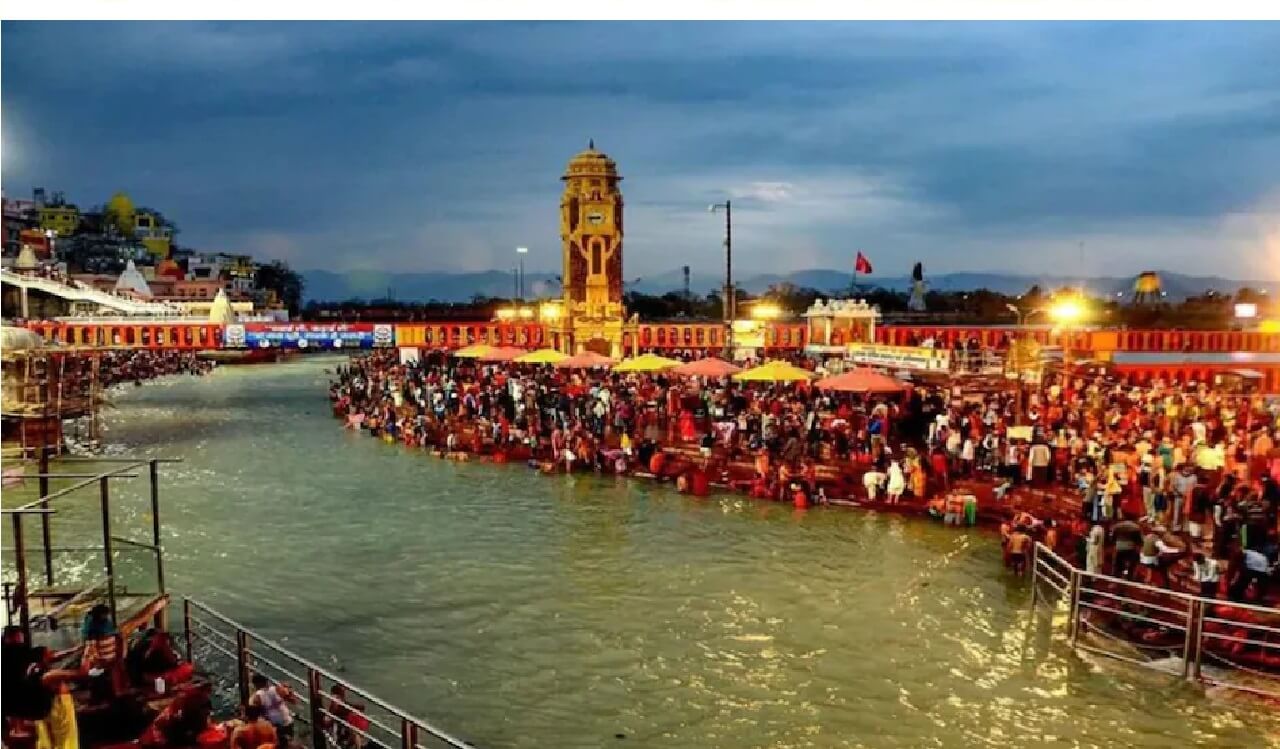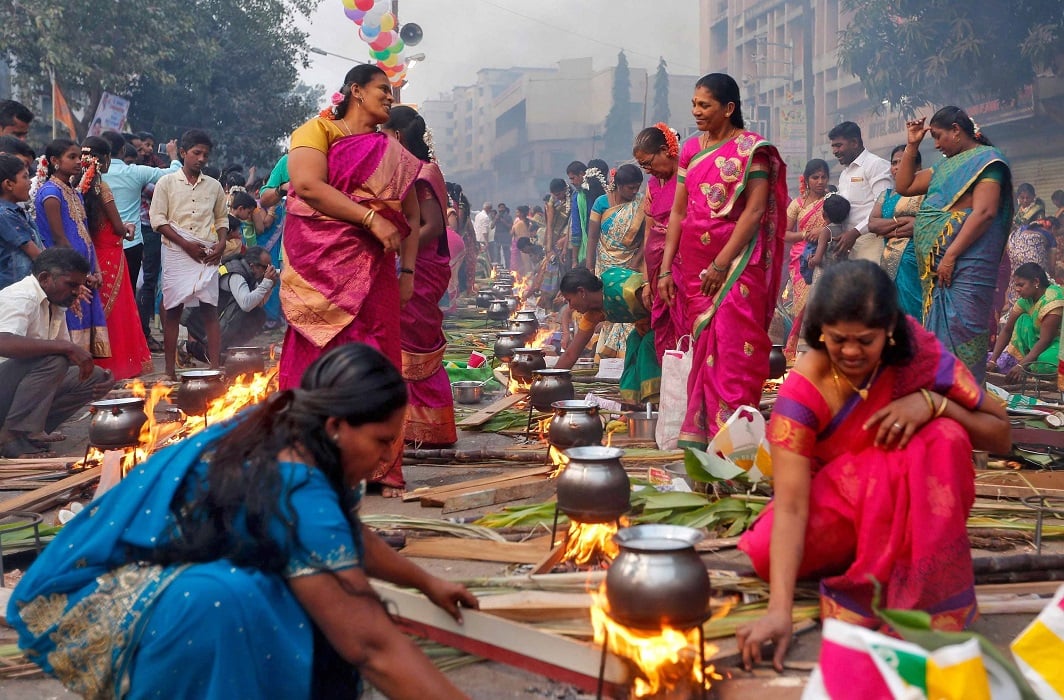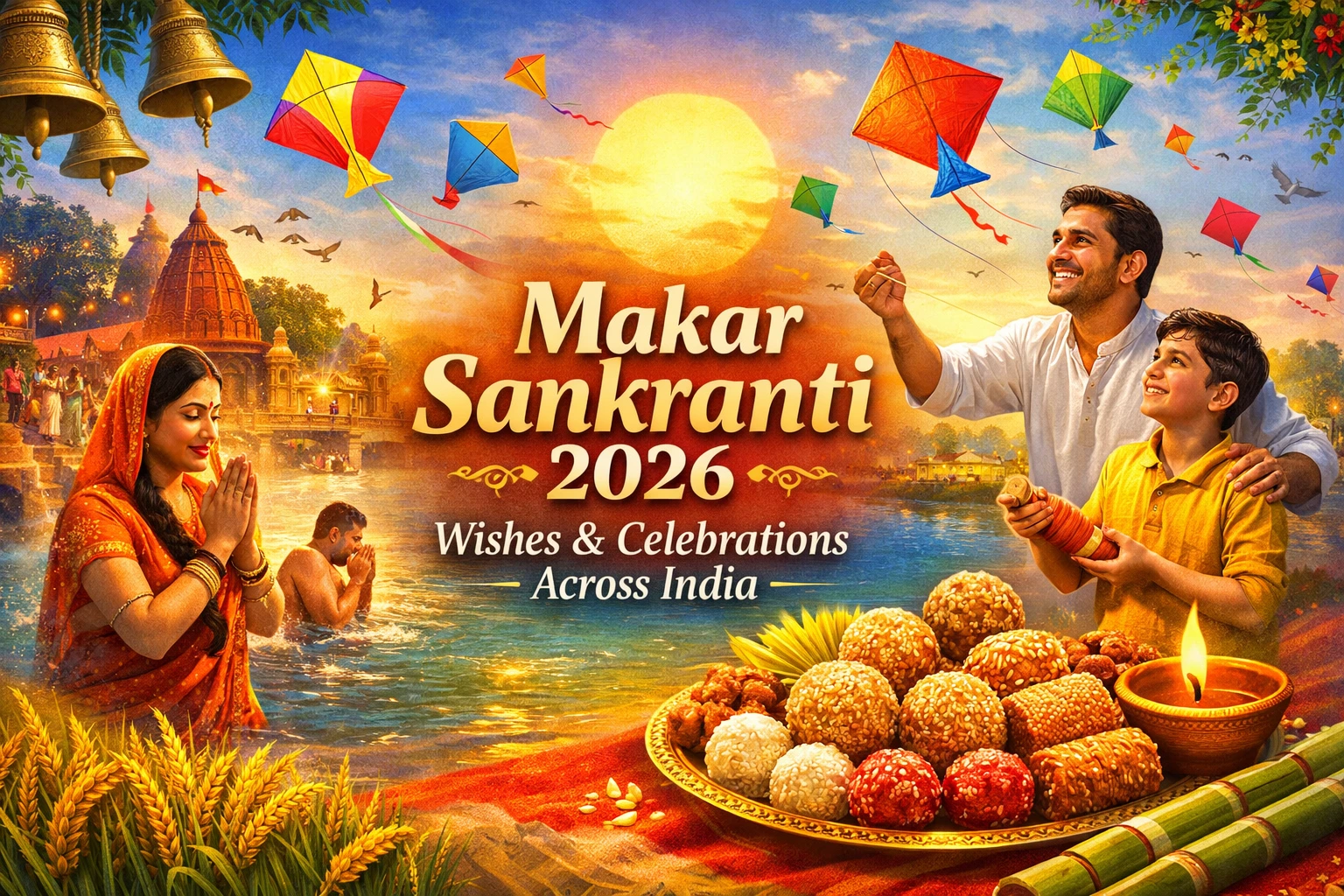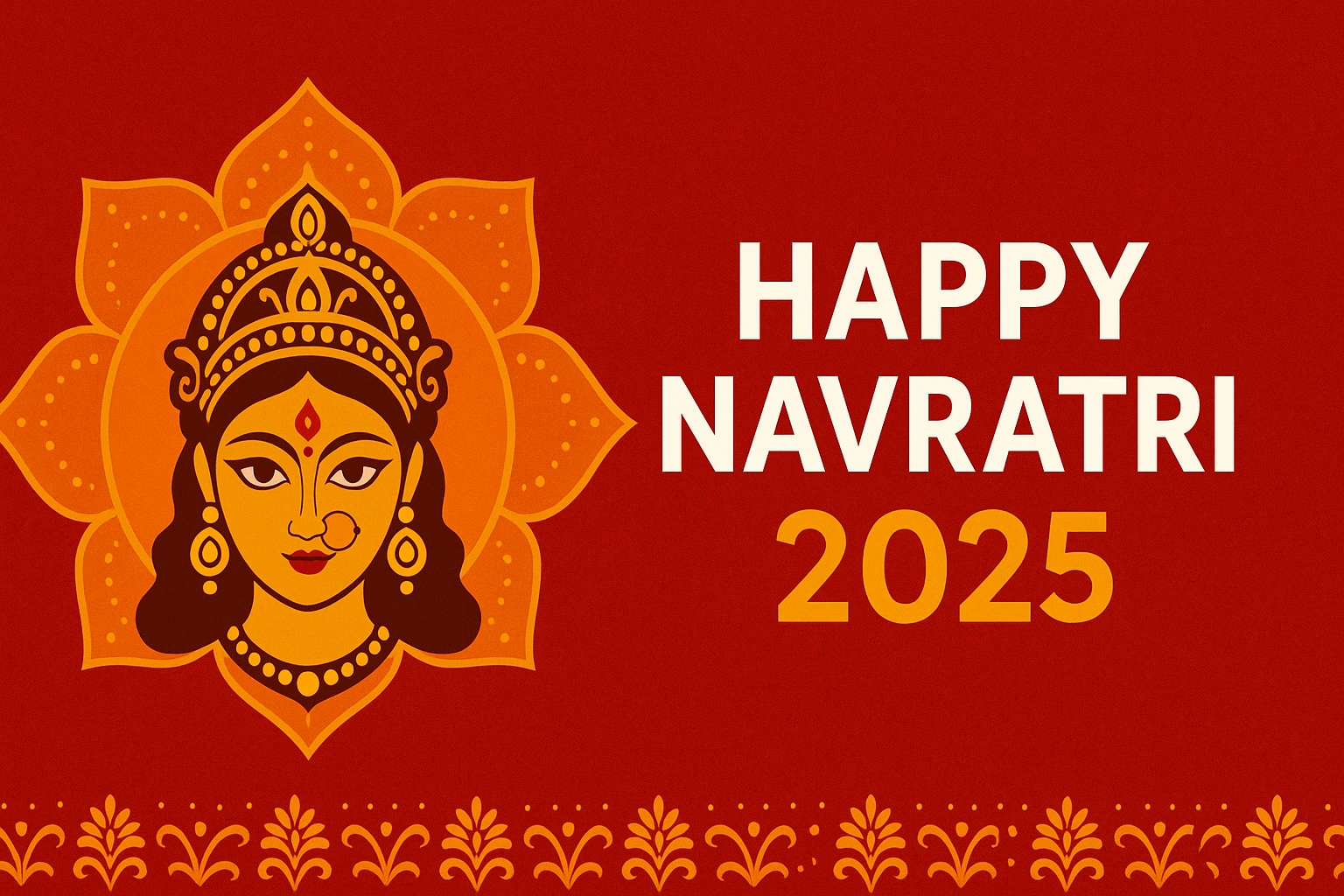Festivals
Happy Makar Sankranti 2022: History, significance, and shubh muhurat
Makar Sankranti marks the end of the winter season and the begining of the harvest festival.

Festivals
Happy Makar Sankranti 2026 wishes shared as festival of faith, positivity and new beginnings
Makar Sankranti 2026 marks a new beginning as devotees observe holy rituals and exchange heartfelt wishes across India.
Festivals
Happy Lohri 2026 Wishes, quotes and messages to share with family and friends
Lohri 2026 will be celebrated on January 13. Here are the date, timing, significance and heartfelt wishes to share with loved ones.
Featured
Happy Navratri 2025: Wishes, messages, quotes, greetings, images, and whatsApp greetings
Celebrate Navratri 2025 with heartfelt wishes, messages, quotes, and WhatsApp greetings. Share the joy of the nine nights of devotion to Maa Durga, spread positivity, and bless your loved ones with happiness, strength, and prosperity this festive season.
-

 Latest world news16 hours ago
Latest world news16 hours agoTrump says tariffs will replace income tax, criticises Supreme Court setback in key address
-

 Latest world news17 hours ago
Latest world news17 hours agoTrump repeats claim of averting India-Pakistan nuclear war during Operation Sindoor
-

 Latest world news16 hours ago
Latest world news16 hours agoPM Modi to begin two-day Israel visit, defence and trade in focus
-

 India News16 hours ago
India News16 hours agoShashi Tharoor questions Centre over Kerala name change to Keralam
-

 India News7 hours ago
India News7 hours agoMK Stalin predicts frequent PM Modi visits to Tamil Nadu before assembly election
-

 Latest world news7 hours ago
Latest world news7 hours agoIndia eyes Rs 8,000 crore mid-air refuelling aircraft deal as PM Modi begins Israel visit

